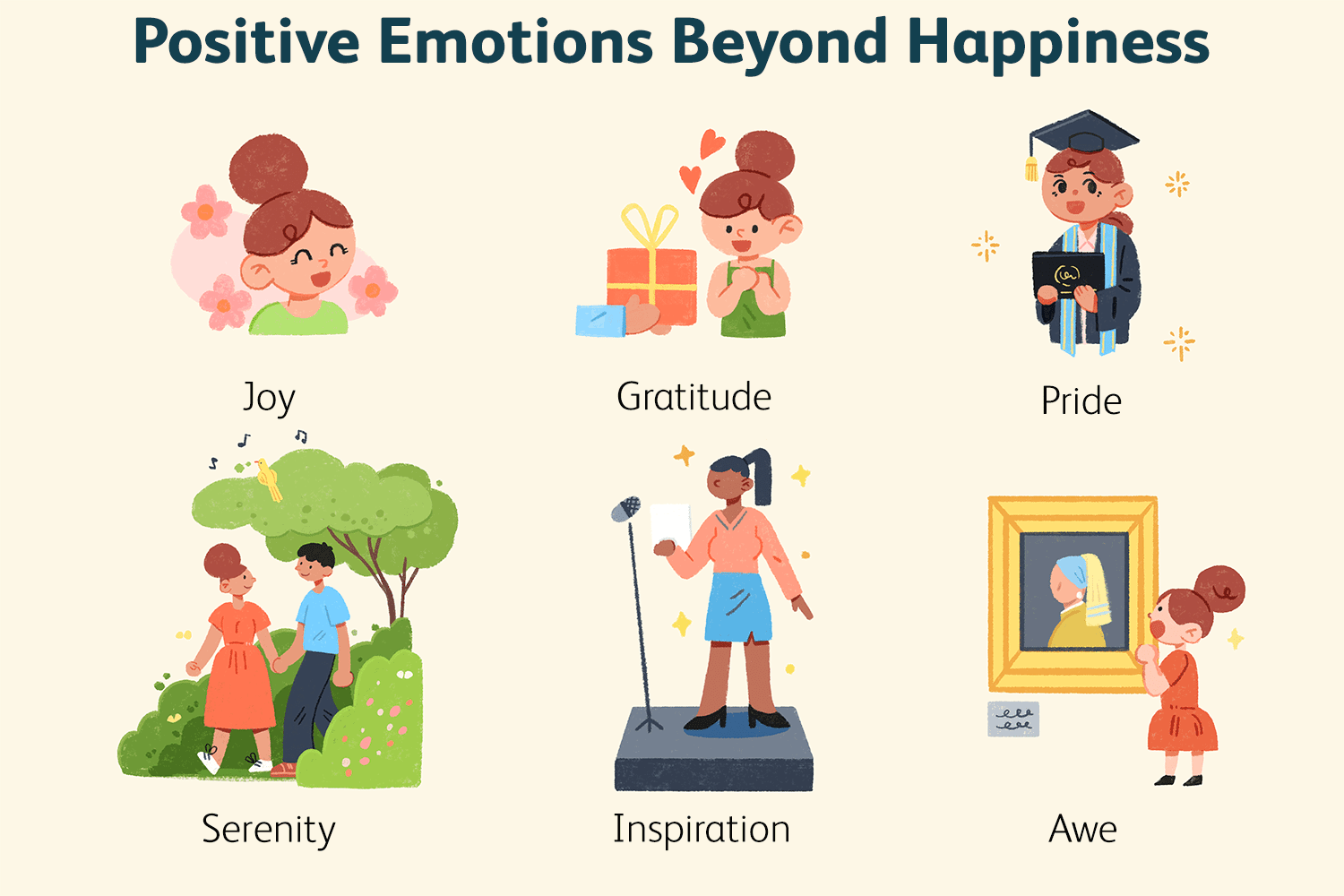Introduction
Happiness is sometimes deemed the objective of life itself. In addition to increased mental health, it may result in stronger relationships and improved overall quality of life. However, could it be that happiness has a significant impact on one’s actual health, and could it also assist in curing diseases in the making or existing? The signpost below describes whether happiness can function as a cure for healing and investigates research into the connection between happiness and health.
Understanding Happiness:
Happiness is a complex and multifaceted emotional state characterized by feelings of joy, contentment, and fulfillment. While happiness is subjective and can vary from person to person, researchers have identified several factors that contribute to overall well-being, including positive relationships, a sense of purpose, and the ability to cope with life’s challenges. Cultivating happiness often involves adopting healthy lifestyle habits, engaging in meaningful activities, and fostering a positive mindset. Moreover, recent studies have emphasized the importance of gratitude, mindfulness, and altruism in promoting long-lasting happiness and well-being.
The relationship between one’s mental and physical well-being is a critical element of human health. Comprehensive scientific research has proven the extensive altering that emotions and states of mind can have on the body. For example, stress causes the body to appear more vulnerable to various conditions as it can weaken the immune system, promote inflammation, and be a central factor in developing diseases such as cardiovascular, diabetes, and autoimmune diseases . Conversely, positive emotions, such as happiness and optimism, are correlated with better patient outcomes and a reduced likelihood of contracting disease . Moreover, psychoneuroimmunology has unraveled the complicated paths that allow emotions to influence immune activity such information stress the importance of mental health in promoting human health.
Happiness and cardiovascular health:
It is well known that multiple studies investigate the association between happiness and cardiovascular health with quite promising results. For instance, happy people are characterized by the lower blood pressure and released levels of inflammation, which decreases their risk factor for cardiovascular disease and stroke. Furthermore, the interventions to achieve happiness such as mindfulness meditation and grateful letter writing also increase cardiovascular functioning and the chance of having cardiac events . Indeed, some of the recent studies suggest that positive emotions increase the person’s cardiovascular resilience and prompt recovery from heart attack, which indicates the importance of emotional well-being for heart.
Happiness and Immune Function:
The immune system serves as a primary defense mechanism against infections and various diseases. Scientists begin to unravel proof indicating how happiness can strengthen immune functions to yield enhanced health impacts . More specifically, studies demonstrate that elevated positive moods and feelings can boost the immune response, raise antibody yield and strengthen participation while under challenge . On the other hand, happiness can also minimize susceptibility to autoimmune illnesses and inflammatory disorders by reducing circulating stress hormones and pro-inflammatory cytokines . In this recent study, conventional as well as innovative evidence about the communicable diseases’ pathogenesis was considered. The research begins by clarifying the position of the immune response in the host-organism defense against infectious microbial assaults.
Happiness and Pain Perception
Chronic pain is a devastating condition that impacts millions of people globally. Happiness is determined by both one’s genetics and lifestyle, and emotional well-being may also influence pain intensity. Studies have indicated that happier people have lower levels of pain and consider it to be less distressing than less happy people. Furthermore, interventions targeted at boosting happiness have lowered pain and improved one’s quality of life. These include laughter therapy and music therapy, among others.Furthermore, recent studies have highlighted the role of neural mechanisms, such as endogenous opioid release and descending pain modulation, in mediating the relationship between happiness and pain perception, offering new insights into potential therapeutic targets for pain management.
Happiness and Longevity:
The findings of multiple studies on the topic of happiness and longevity overwhelmingly suggest that the answer is yes. Namely, longitudinal research has indicated that happy people tend to live longer lives even after adjusting for confounding variables, such as socio-economic status, health behavior, self-assigned health status score, and the number of pre-existing health conditions among others . It is still unclear what the mechanisms might be, but less stress, better cardiovascular functioning, and improved immune response are at least some of the possibilities. Furthermore, the latest research has hinted that positive emotions can enable individuals to lead a healthier life by preserving the length of their telomeres, which would save them from cells aging and developing age-related diseases in the future.
Happiness and Cancer Outcomes:
Happiness’s effects on cancer outcomes remain controversial, and some studies show a significant impact of emotional well-being on cancer progression and survival. For example, several studies showed that cancer patients with a higher level of happiness and optimism achieved higher treatment response rates, had lower rates of complications, more functionality, and a better quality of life experience . Similarly, psychological interventions aimed at enhancing emotional adjustment, including psychotherapy and support groups, reduced maladaptive behavior patterns and eased the symptom of distress among cancer patients. Additionally, recent studies have highlighted the role of psychosocial factors, such as social support and resilience, in buffering the adverse effects of stress on cancer progression and mortality, underscoring the importance of addressing emotional well-being in cancer care.
Cultivating Happiness for Health:
While happiness alone may not be a panacea for all diseases, cultivating emotional well-being can undoubtedly contribute to better health outcomes and overall quality of life. Strategies for promoting happiness include practicing gratitude, fostering social connections, engaging in meaningful activities, and prioritizing self-care. Additionally, incorporating stress-reduction techniques such as mindfulness meditation, yoga, and deep breathing exercises can help mitigate the detrimental effects of stress on physical health. Moreover, recent research has highlighted the role of positive psychology interventions, such as positive psychotherapy and strengths-based interventions, in promoting happiness and resilience in diverse populations. By adopting a holistic approach to health that encompasses both emotional and physical well-being, individuals can optimize their health and happiness for a fulfilling and vibrant life.
Conclusion
In conclusion, scientific research is beginning to acknowledge and examine the complex relationship that exists between happiness and physical health. Evidence suggests that emotional well-being plays a significant role in overall health and well-being, impacting everything from immune system and cardiovascular health to pain perception, longevity, and even cancer outcomes.
While happiness alone may not be a cure-all, cultivating positive emotions and adopting strategies to promote emotional well-being can significantly contribute to better health outcomes and a higher quality of life. By embracing a holistic approach that addresses both emotional and physical aspects of health, individuals can strive towards a fulfilling and vibrant life characterized by happiness, resilience, and overall well-being.
References:
•Diener, E., Pressman, S. D., Hunter, J., & Delgadillo-Chase, D. (2017). If, why, and when subjective well-being influences health, and future needed research. Applied Psychology: Health and Well-Being, 9(2), 133-167.
•Boehm, J. K., & Kubzansky, L. D. (2012). The heart’s content: The association between positive psychological well-being and cardiovascular health. Psychological Bulletin, 138(4), 655–691.
Biographical Resources:
•Dr. Ed Diener: Renowned psychologist known for his research on subjective well-being and happiness.
•Dr. Laura Kubzansky: Professor of Social and Behavioral Sciences at the Harvard T.H. Chan School of Public Health, specializing in the study of emotions and health.

































